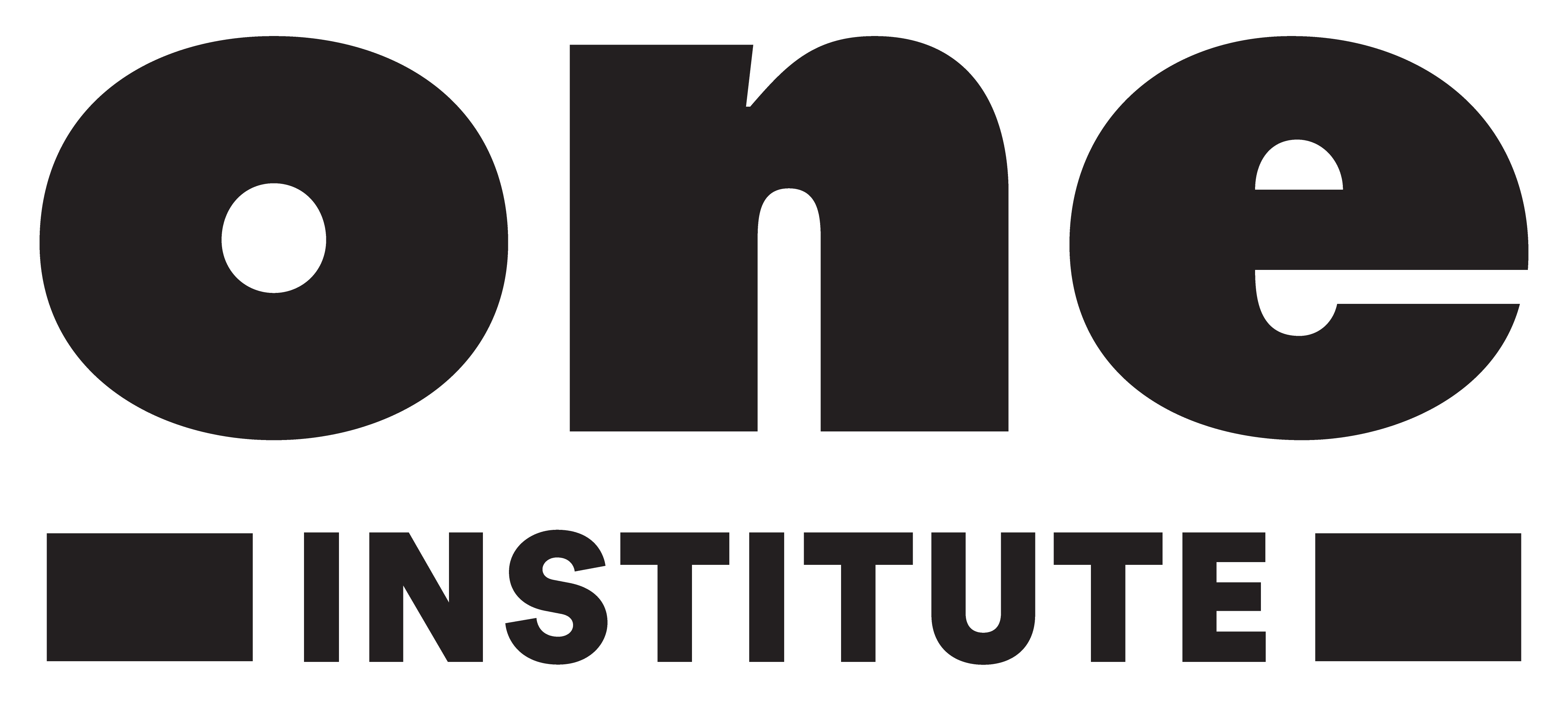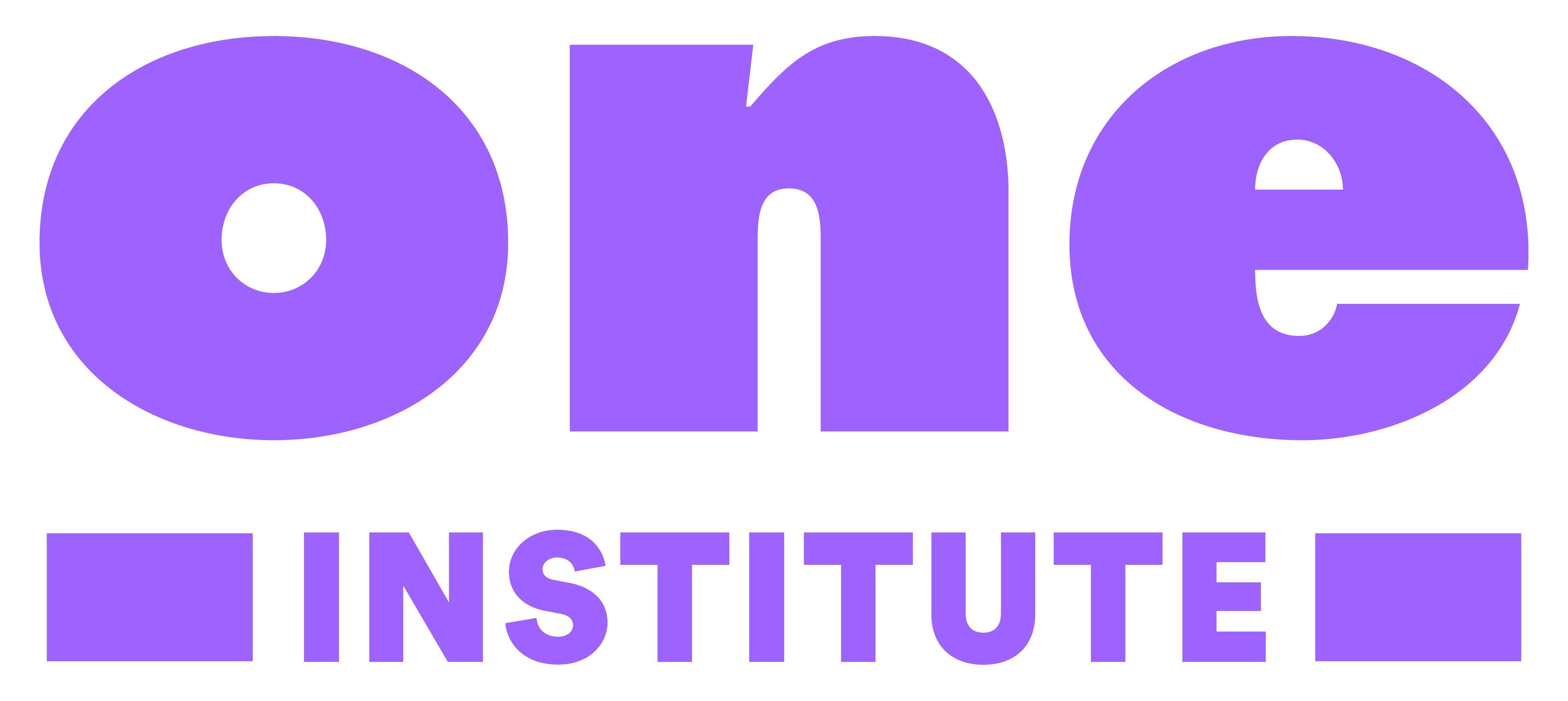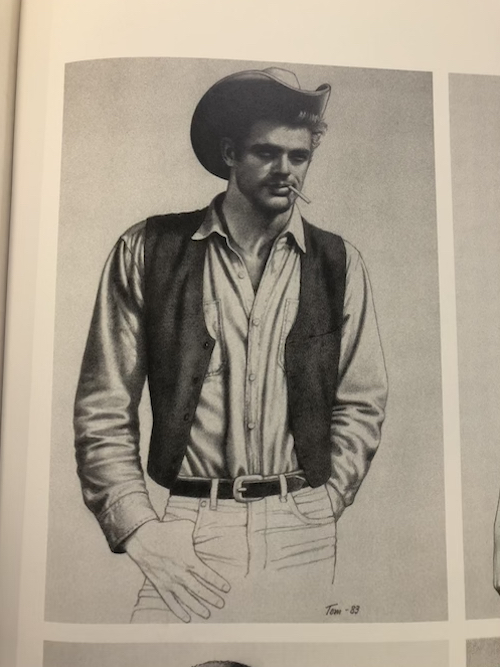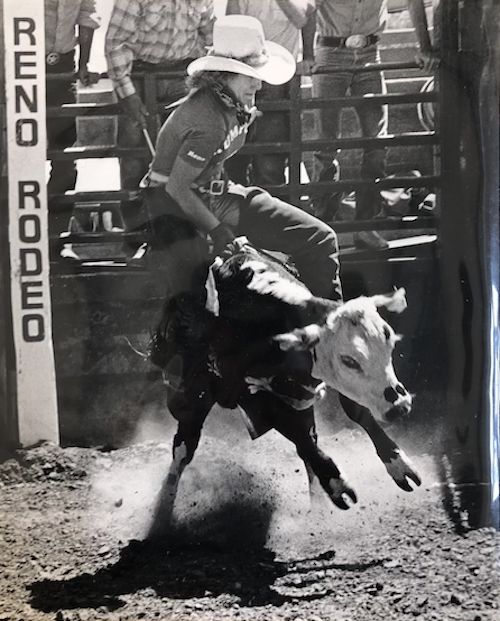Sounding Out the Gay West
This article is authored by Kate Alexander, from the 2019-20 cohort of the LGBTQ Research Fellowship program at the One Institute.
As an ethnomusicologist, I don’t often have the opportunity or cause to work in archives: my discipline tends to prioritize ethnography, which usually means being out in the field (cultural spaces of various kinds), talking to interlocutors, participating and observing, and creating lots of materials which, we imagine, will themselves end up in an archive someday. But the gay West, ever-shifting, multiply-sited, and sporadically visible, is just the sort of culture that archives can illuminate. In order to frame my book project – an ethnography of the gay West as articulated through sound, music, and dance – I spent a week at ONE Archives at the USC Libraries, sifting through a variety of collections for fragments of documentation about the expressive gay West.
It’s a different kind of thinking on your feet than participant-observation. The boxes of materials weren’t going anywhere, and were unlikely to stop “talking” to me if I flubbed a question. But like live interlocutors, there are better questions, and more productive “interview” trajectories. I combed through comics by Tom of Finland, looking for his vision of a gay West (hypermasculine caricature, graphic sexual conquest), and the paintings of George Quaintance, whose gay West is statuesque, classically idealized, electric with desire. I squinted at the tiny “W” (“western or cowboy types”) that first appeared in the 1979 Damron guide, and the “C&W” (“country and western”) that emerged soon after. The discursive need for these categories suggested a cultural shift in the LGBTQ community towards more pervasive engagement with the West, however urbanized and imagined. And I spent hours pouring over programs from the first years of gay rodeo, which started in Reno, Nevada in 1976, and has endured as a way for LGBTQ folks to construct not just a Western way of life that has space for them, but a West that is queered in fundamental ways.
Perhaps it’s the ethnographer in me, but when I ran out of ideas for how to “ask” the online catalog to divulge its meta-data artifacts, I chatted with the archivists. They spend time thinking creatively about how the collections connect to each other, and so when I posed my research questions, I was not only presented with a table full of unprocessed boxes that had just arrived that morning, but an offer to connect me to the donor, an active member of the Long Beach country western dance scene. Next came two small chapbooks, written by a friend of the librarian, that were exactly the documents I didn’t know I was looking for. There it was: an ethnographic, first person narrative of visiting all the country western bars (both gay and straight) that used to exist in Los Angeles in the 1980s. Not filtered through 30 years of distance and nostalgia, or clouded by repeated visits in which events become collapsed and disjointed, but a series of vignettes clear and evocative and opinionated, from the perspective of someone who grew up in the small towns of West Texas… in short, a great interview.
The award of a LGBTQ Research Fellowship was critical in advancing the ideas of my book project and enhancing its detail and analysis. I look forward to returning to the archives with the sleeves of my pearl snap shirt rolled up.
Image Credits
Top image: Bob Mizer proof sheet 14-WA13, box/binder 1, American Model Guild Physique Photographs, ONE Archives at the USC Libraries.
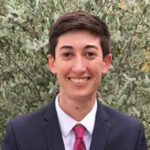
Kate Alexander is an ethnomusicologist specializing in the intersections of race, gender, and sexuality in North American social dance communities. She has worked previously to map formations of ethnic whiteness in Cape Breton’s traditional Scottish music and dance culture, while her current research focuses on American LGBTQ country western dance and rodeo networks. In framing issues of gender, whiteness, and place phenomenologically, she seeks tounderstand how the diffuse LGBTQ country western community creates meaning, coherence, and sociality for its participants, with implications for larger questions of race, class, and regionalism in contemporary America. Her work has been published in journals such as MUSICultures and the Yearbook for Traditional Music. She is an Assistant Professor in the Honors College at the University of Arizona, where she teaches interdisciplinary courses on sound, music, visual art, and culture.
